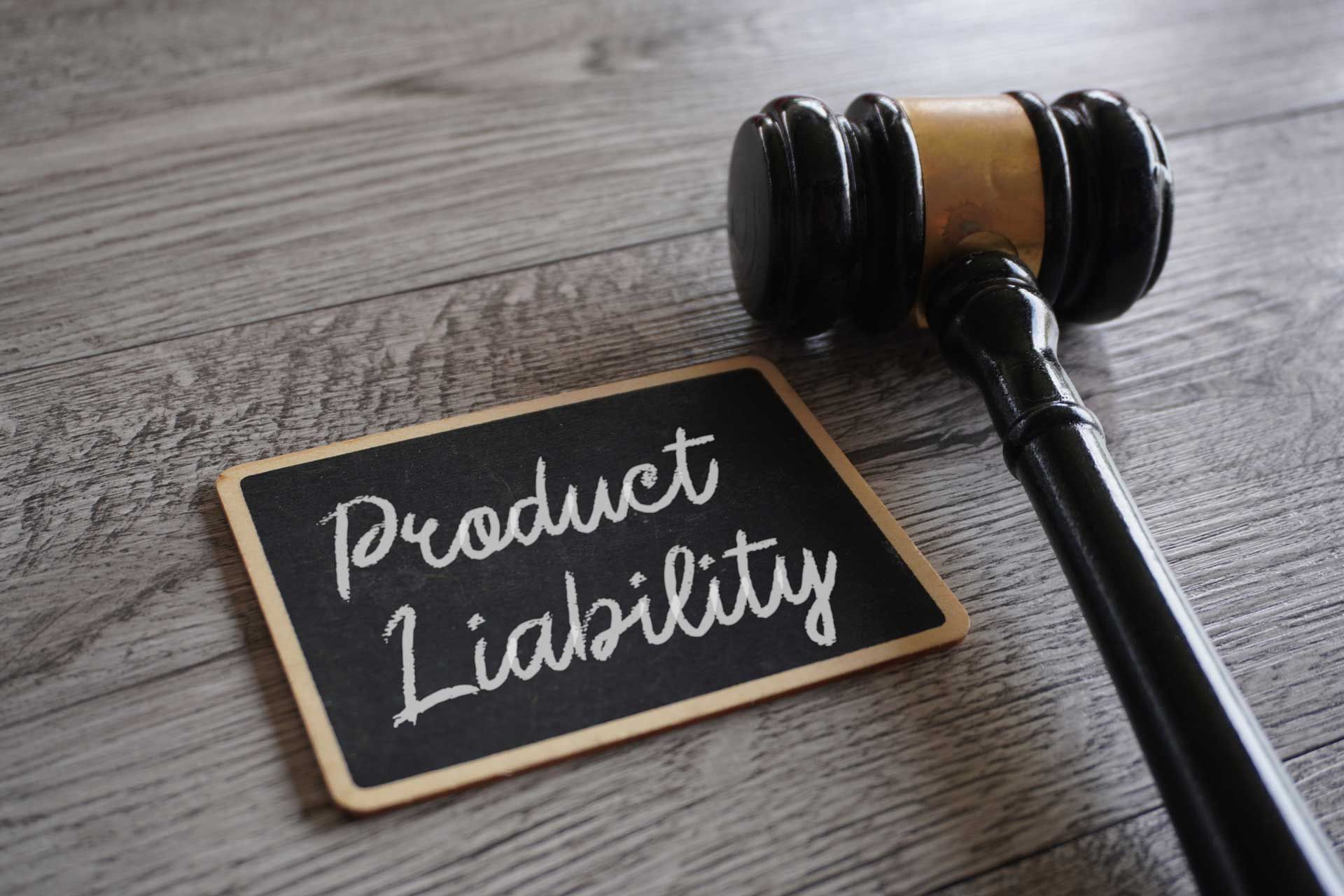Seed Round Investing: Form D, Risk Disclosures and the PPM
The Importance of Securities Compliance in Early Stage Fundraising

The quick response is that it depends, but generally speaking, it is advised and occasionally necessary. Look a little closer.
What is a PPM?
Let's first talk about what a PPM is. A PPM is a document that provides details about the business looking to raise money from investors. It resembles a business plan in several respects, but it has extensive modifications for securities legislation clauses, investment risk elements, and suggested terms of investment. PPMs are referred to by several names, such as offering memorandums and confidential information memorandums (CIMs).
To comprehend the usage of PPMs and when they are appropriate, one must have a fundamental understanding of securities legislation. A firm, commonly referred to as an "issuer," is not allowed to sell securities (such as stocks and other types of debt) unless the offering is registered or meets an exemption from registration requirements under federal and state law. It is important for an issuer to meet an exemption since it is costly and not appropriate for the majority of enterprises to register a securities offering.
The esoteric nuances of the law point us to the Securities Act of 1933's Section 4(a)(2) as the most widely used exception to registration of securities. For deals that don't include a "public offering," it offers an exception. That text of the law may not seem, well really isn’t, particularly helpful at first glance.
Nonetheless, the SEC has offered a number of safe havens for the "public offering" requirement. If your offering satisfies one of the safe-harbor requirements, it has fulfilled an exception and complies with Section 4(a)(2) and does need require registration with the SEC. But exemption from registration does not impute exemption from filing, nor exemption from state law documentation requirements.
Two of the most popular safe harbors are described here, along with recommendations on when using a PPM is suggested.
504 Safe Harbor Regulation
An issuer may sell up to $5 million worth of securities over any given 12-month period according to Rule 504. Accredited and non-accredited investors may participate in the offering, but the issuer may not use any kind of “general solicitation”. Rule 504 does not supersede state securities laws, in contrast to Rule 506. As a result, an issuer must verify that a state exemption is met in each state where an investor resides. Rule 504 is frequently the preferred exemption if the issuer intends to sell securities to non-accredited investors because it does not demand that certain particular information (such as audited financials) be given to non-accredited investors.
Safe Harbor Rule 506(b)
Because Rule 506(b) eliminates the requirement for an issuer to satisfy a state securities registration exemption in each state where an investor resides, it has historically been the most frequently used securities registration exemption. An issuer may sell as many securities as they want to accredited investors and as many as 35 securities to non-accredited investors under Rule 506(b). Sourcing in general is prohibited. Rule 506(b) allows issuers to sell to non-accredited investors, however because of the onerous disclosure requirements, i.e. the dissemination of audited financial statements, it is often best to steer clear of non-accredited investors.
When a PPM is Needed
If the issuer is onboarding non-accredited investors under Rule 506(b)—note that Rule 506(b) is generally not encouraged for non-accredited investors—a PPM is necessary. In theory, Rule 506(b) offerings to accredited investors alone and Rule 504 offerings to both accredited and non-accredited investors will not trigger the need for a PPM.
Even in situations when it is not technically necessary, a PPM is frequently advised. The PPM should be regarded by the issuer as a kind of insurance. It does not totally insulate you from liability, but it does provide a significant layer of protection. When the PPM is properly and thoughtfully drafted, it guarantees that every investor receives written notice of all relevant information about the issuer.
This is a great defense against future investor lawsuits, especially if the investment does not perform as expected and if the investors are not close friends or relatives of the issuer (i.e., more inclined to sue). PPMs are fairly standard in some industries: small manufacturing, real estate (syndications), restaurants and food service, some tech, entertainment and film, any places where the field of investors becomes fairly widespread in the earliest stages of fundraising.
Securities law presents tricky waters for you to navigate. You are well advised to seek experienced advisory council through groups like Landmark Advisors. As soon as you are seriously contemplating raising seed capital, contact us to schedule an appointment.



